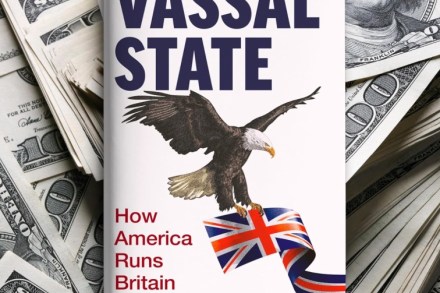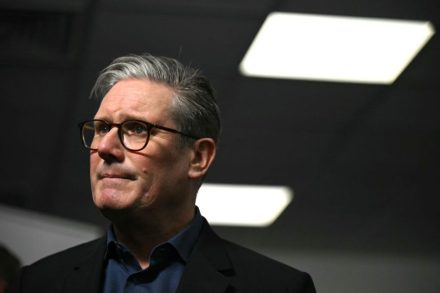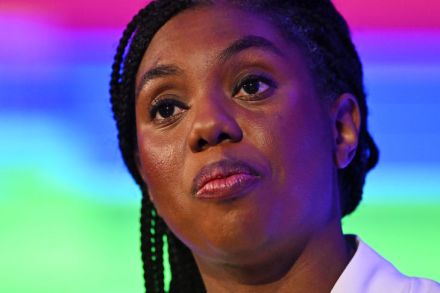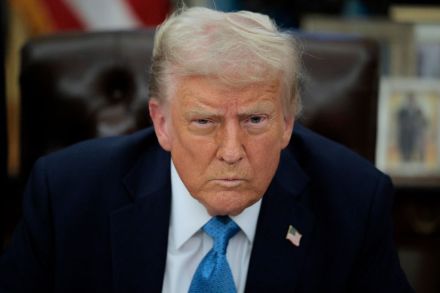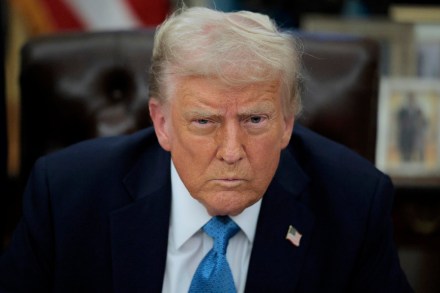Are central bankers too powerful?
Donald Trump’s political and legal assault on the Federal Reserve has provoked concern and indignation from the defenders of central banks’ operational independence. Amid the sound and fury, some simple points are being forgotten. Whether or not this distracts central bankers from their main goal of controlling inflation is a matter of debate First, public trust and confidence in central banks is critical if banks are to be operationally independent. That trust was shaken when many central banks lost control of inflation in 2021, erroneously seeing it as ‘transitory’. In the inquest that followed, many central bankers blamed this mistake squarely on their forecasting models. Clearly models had much to answer




